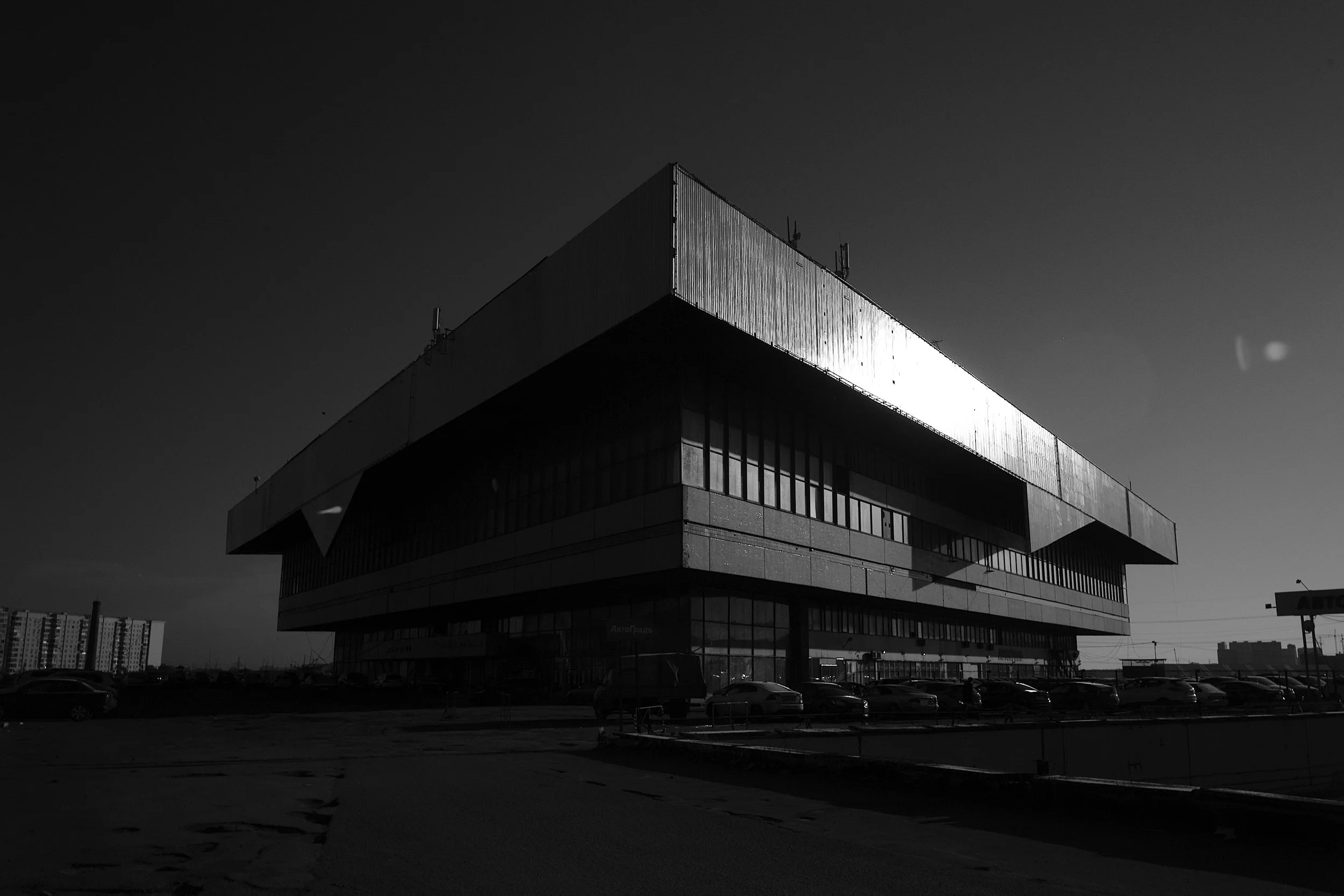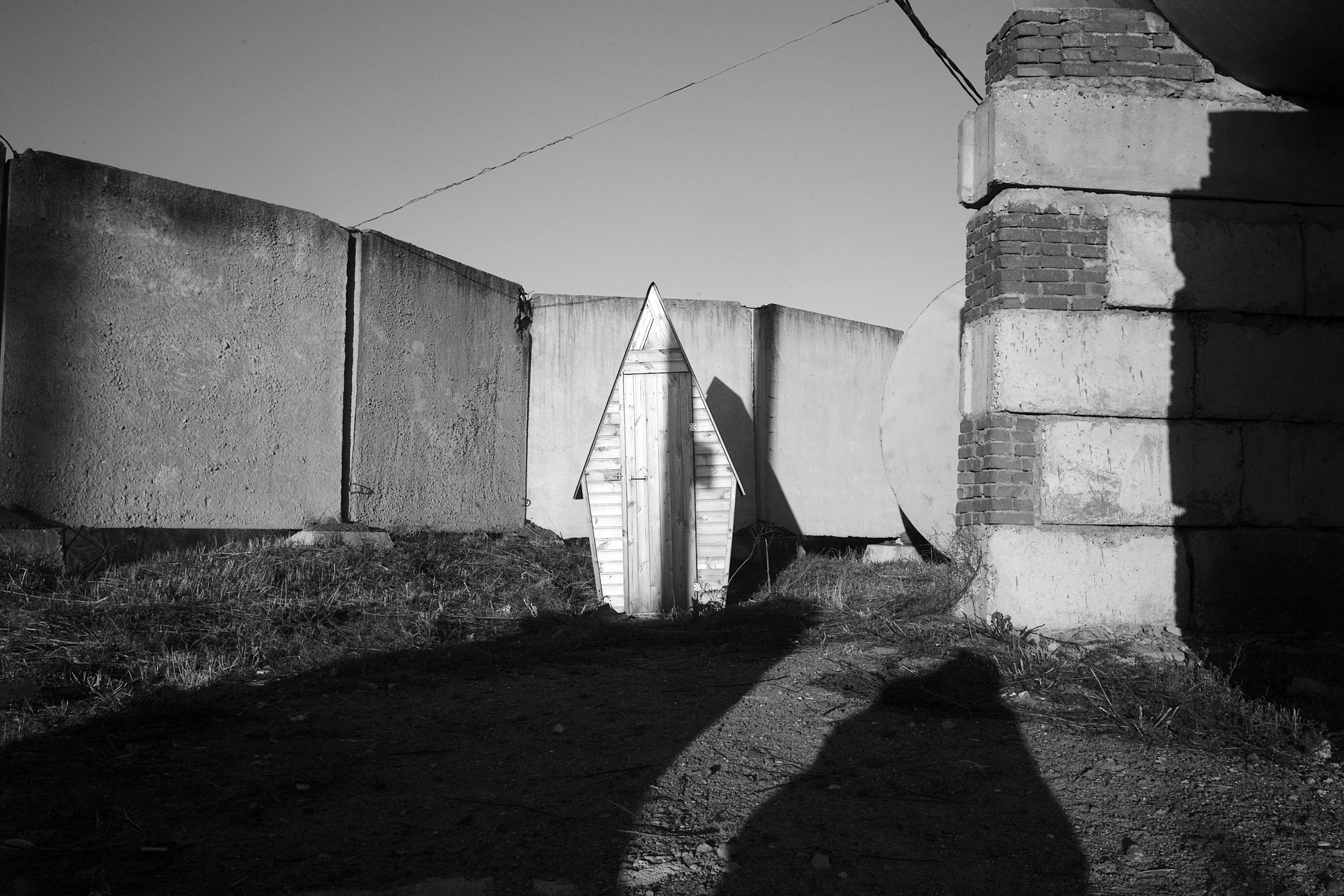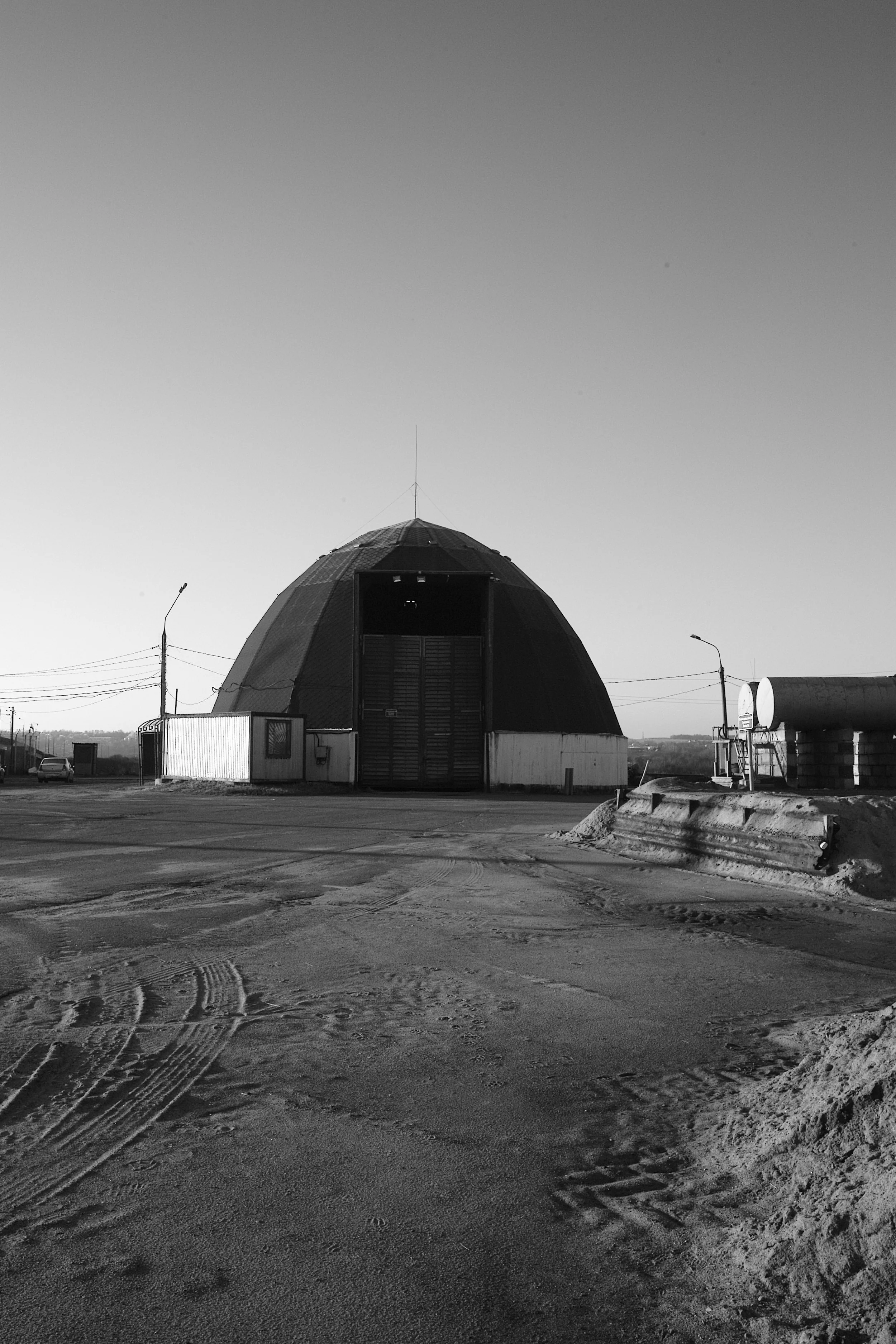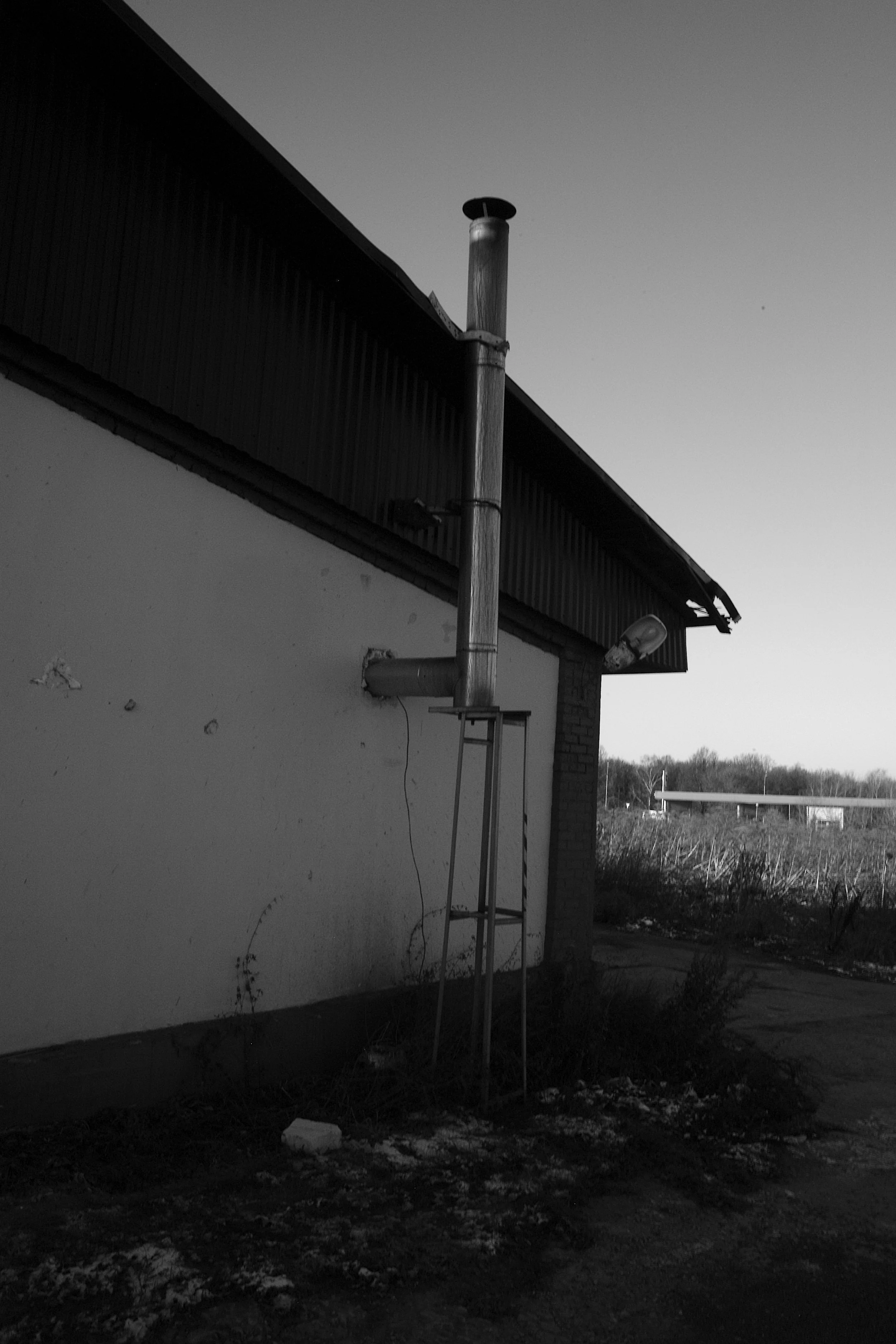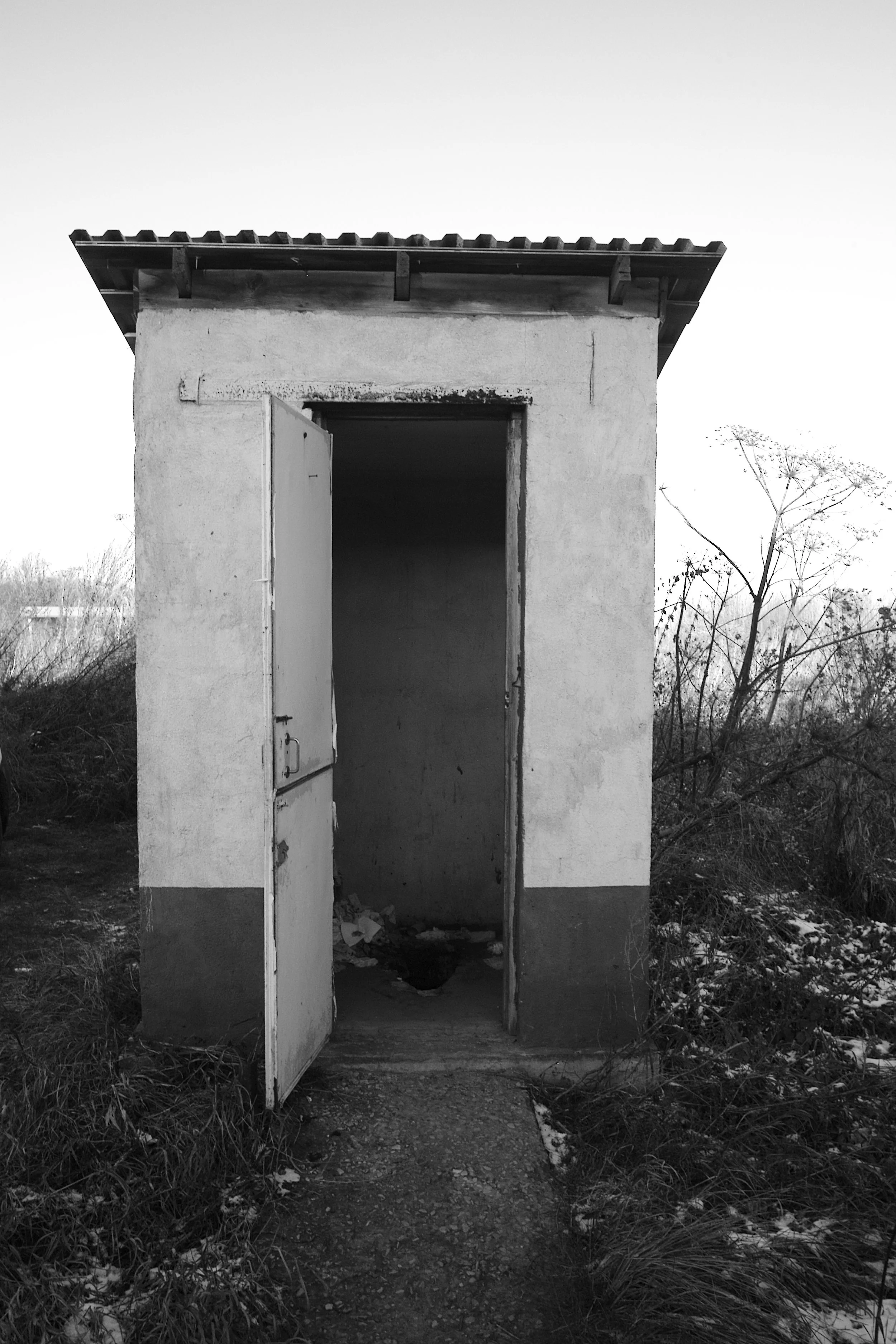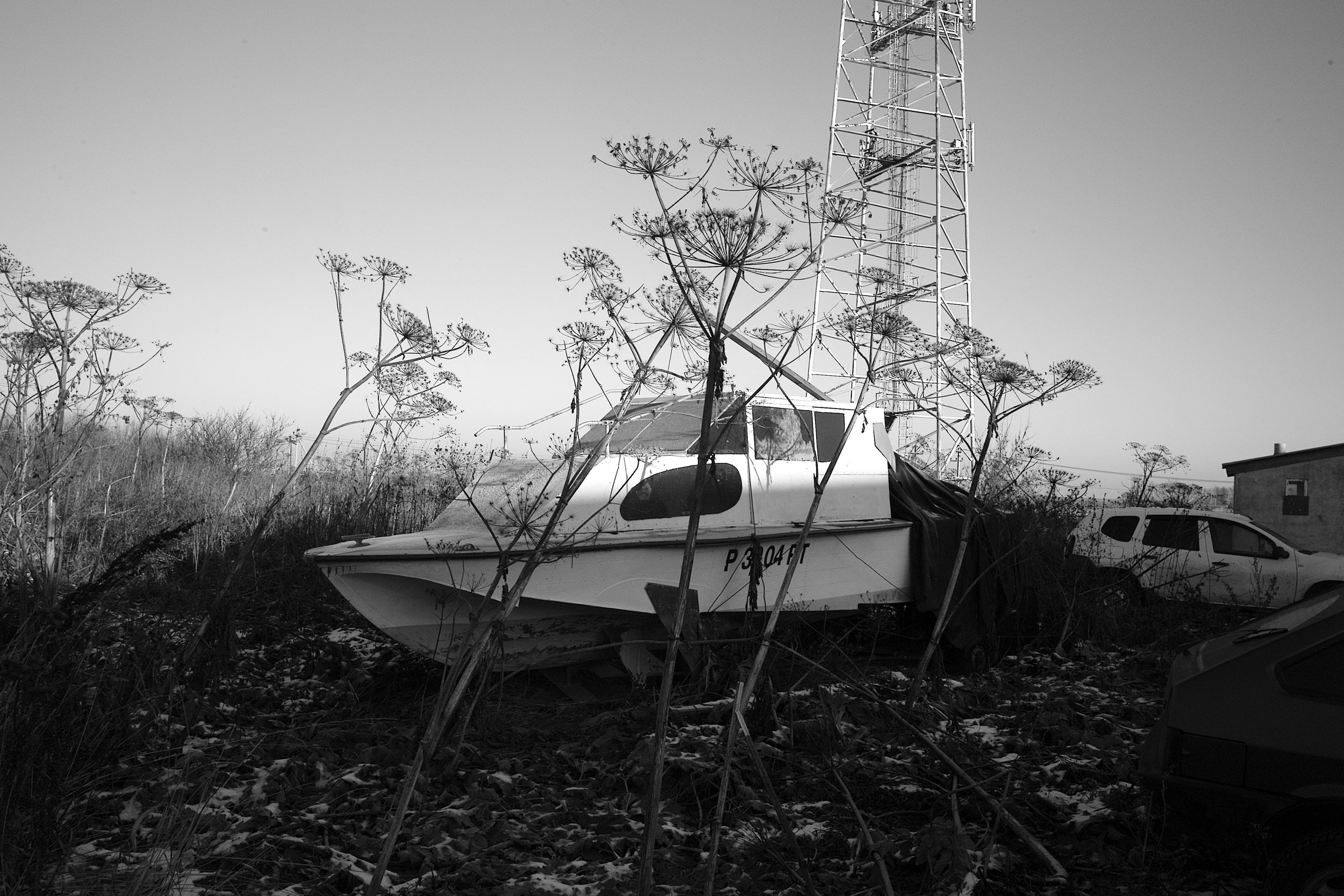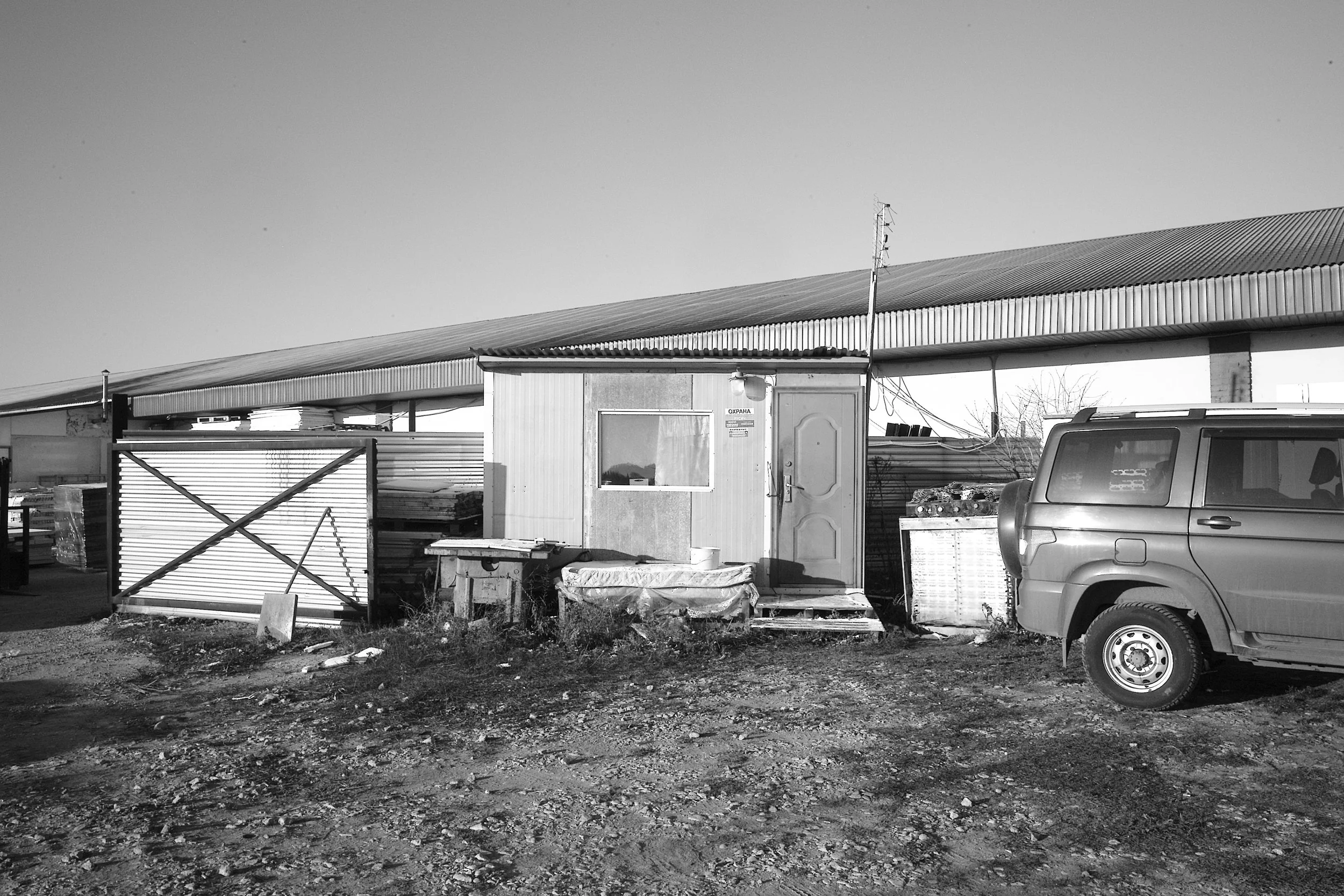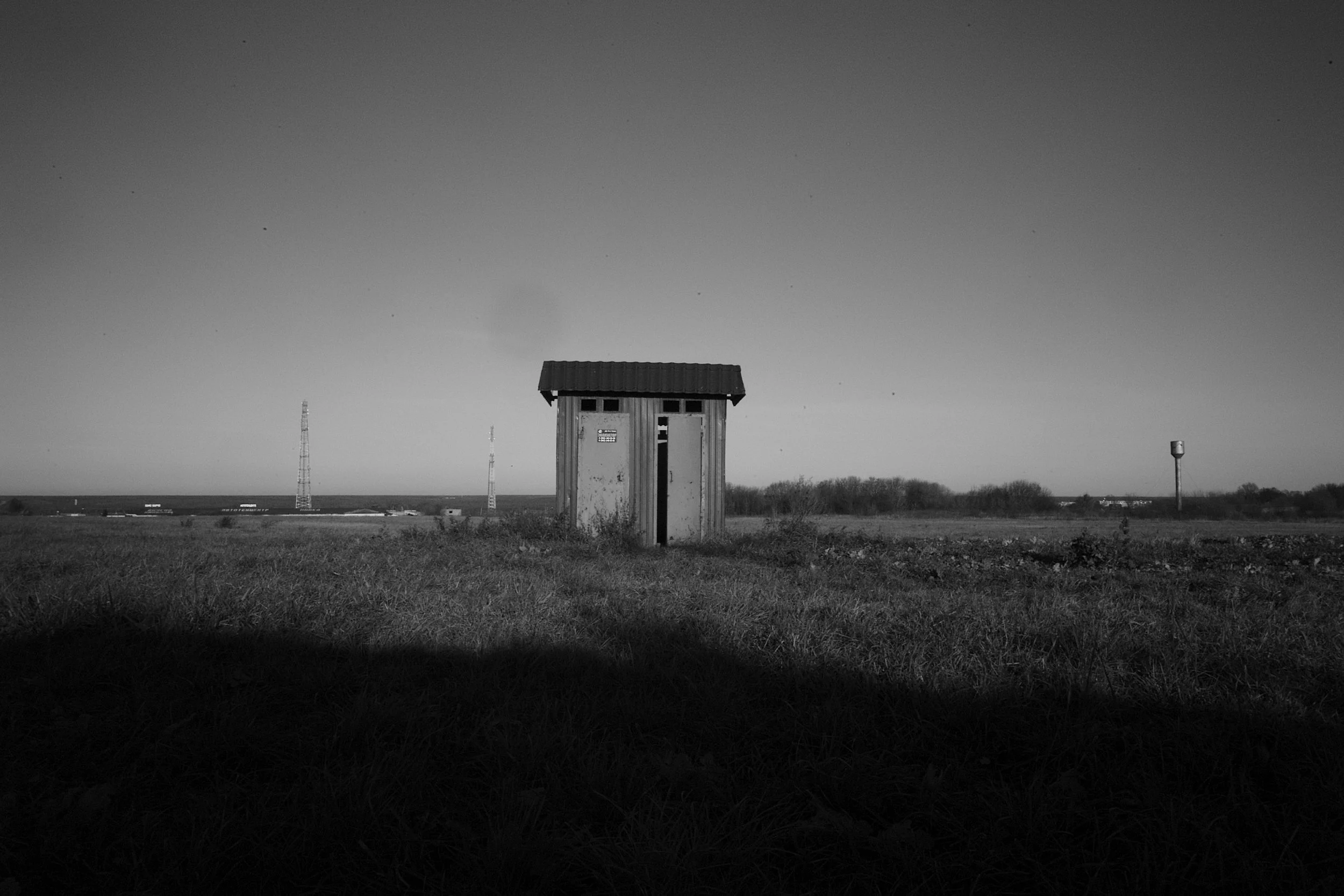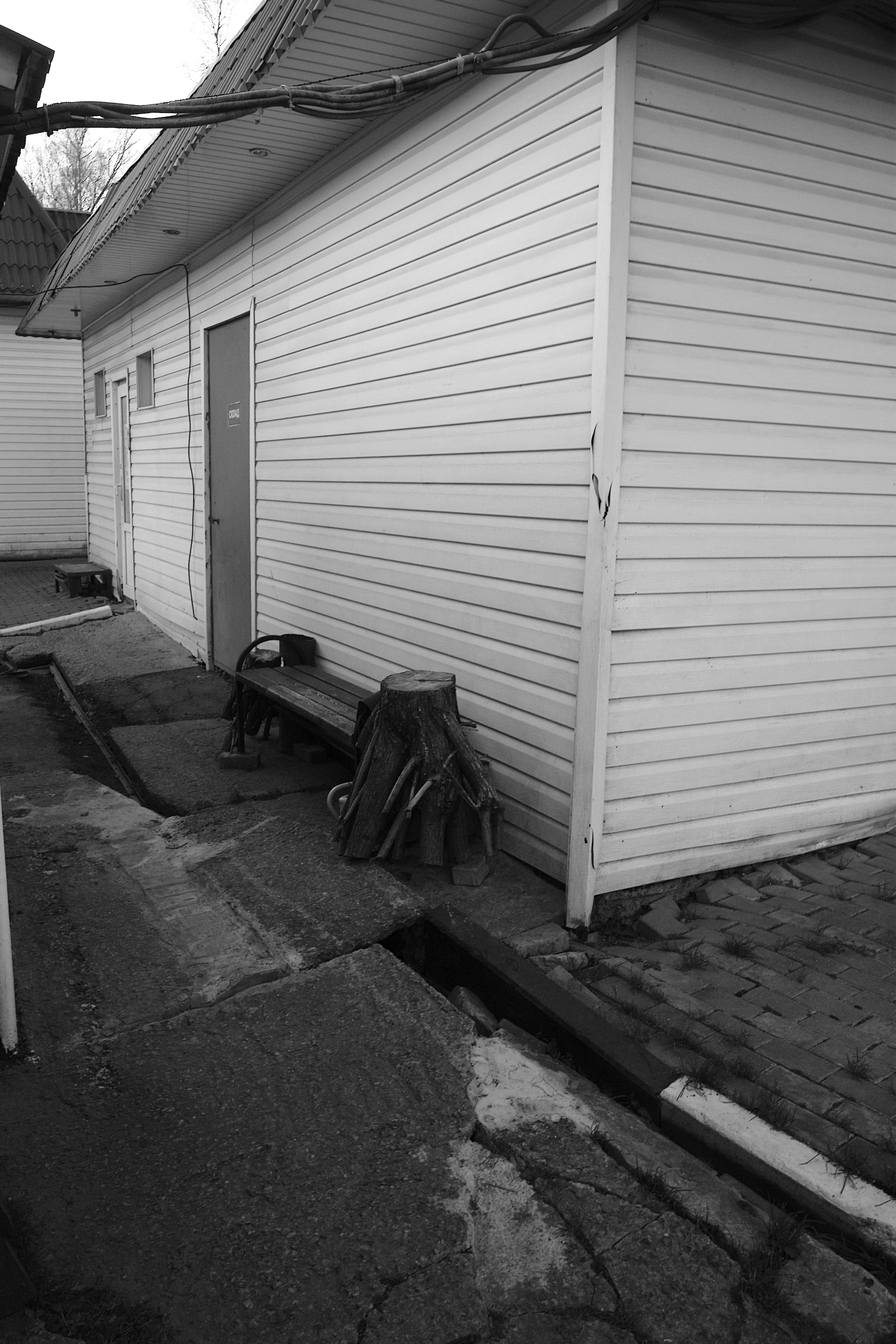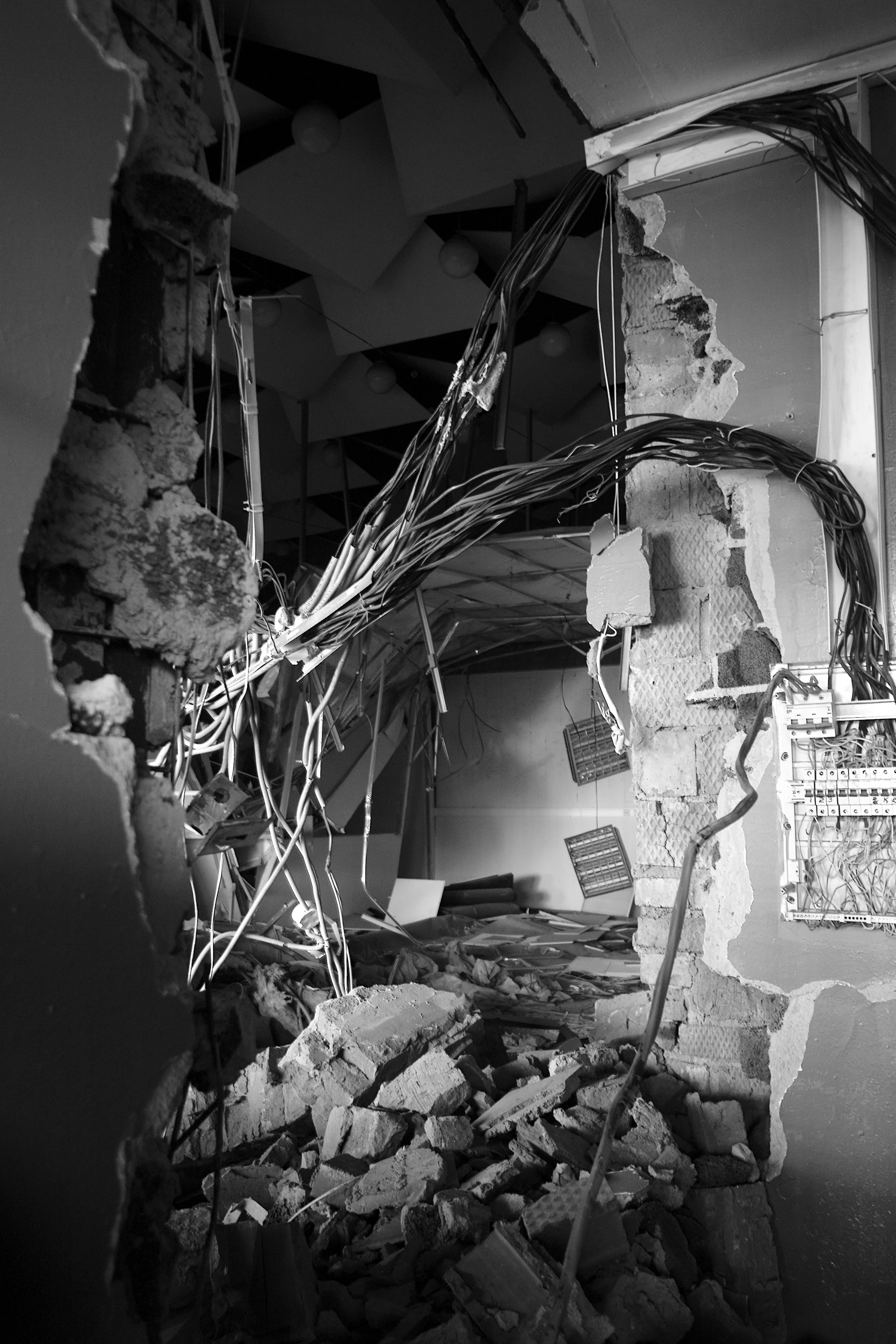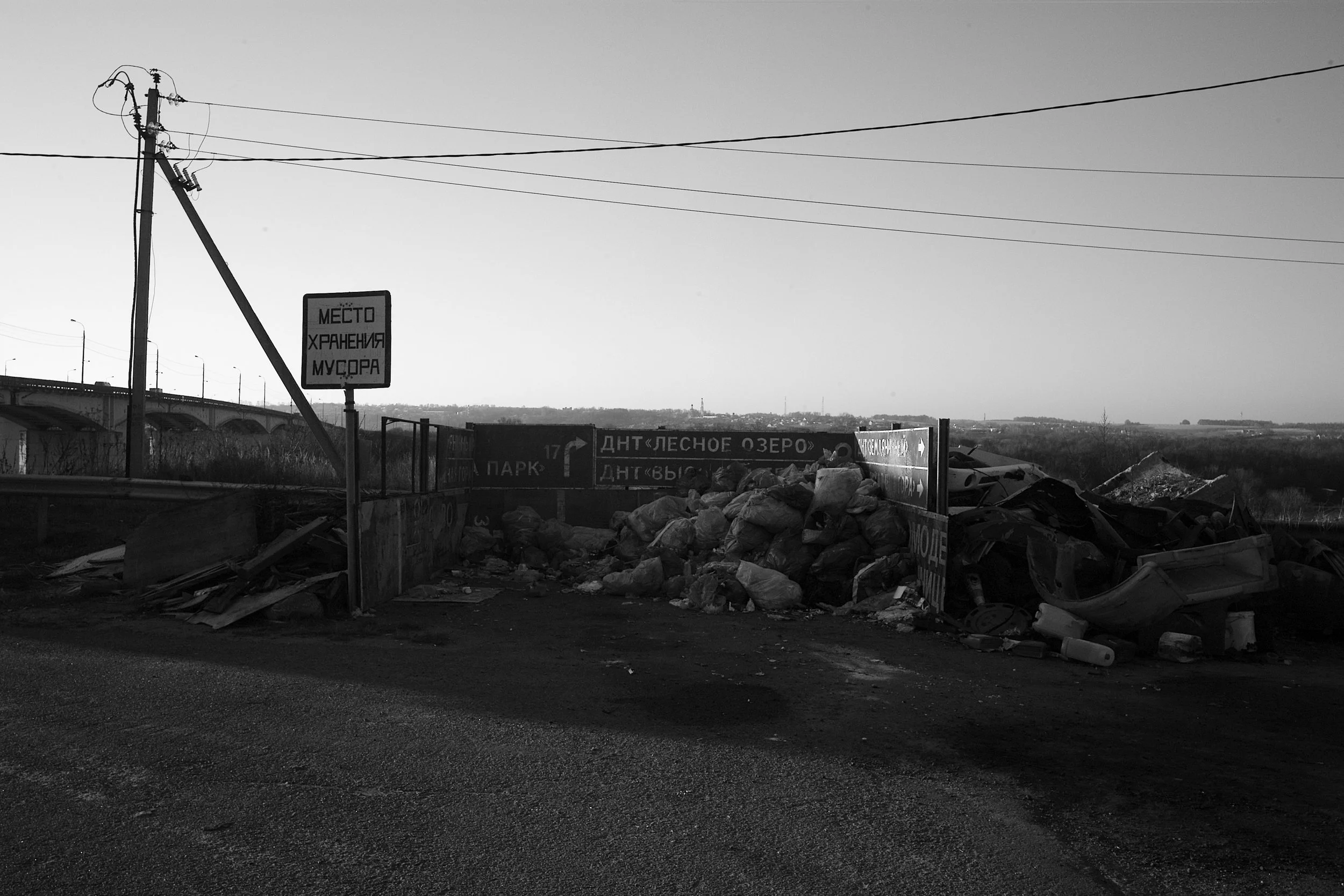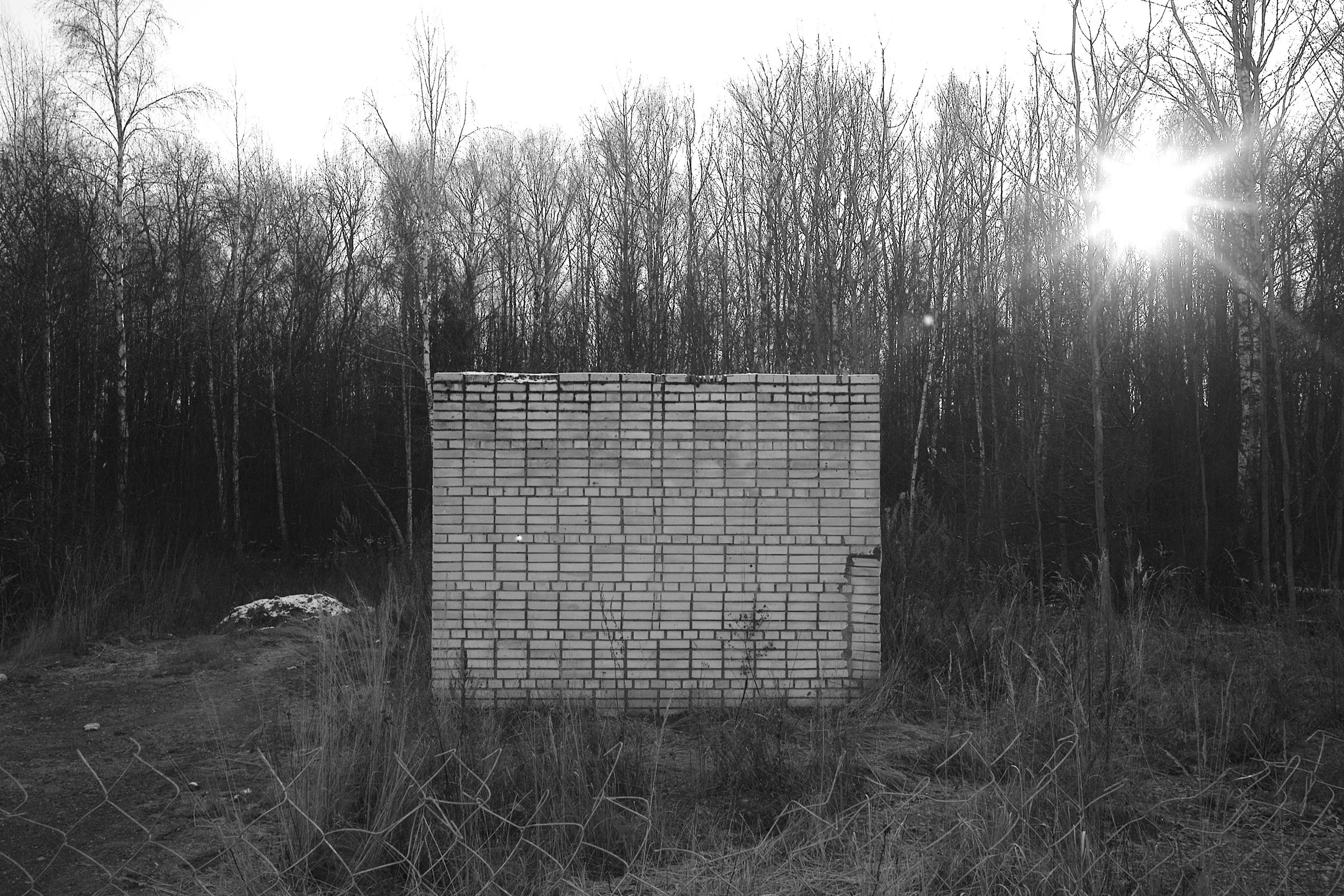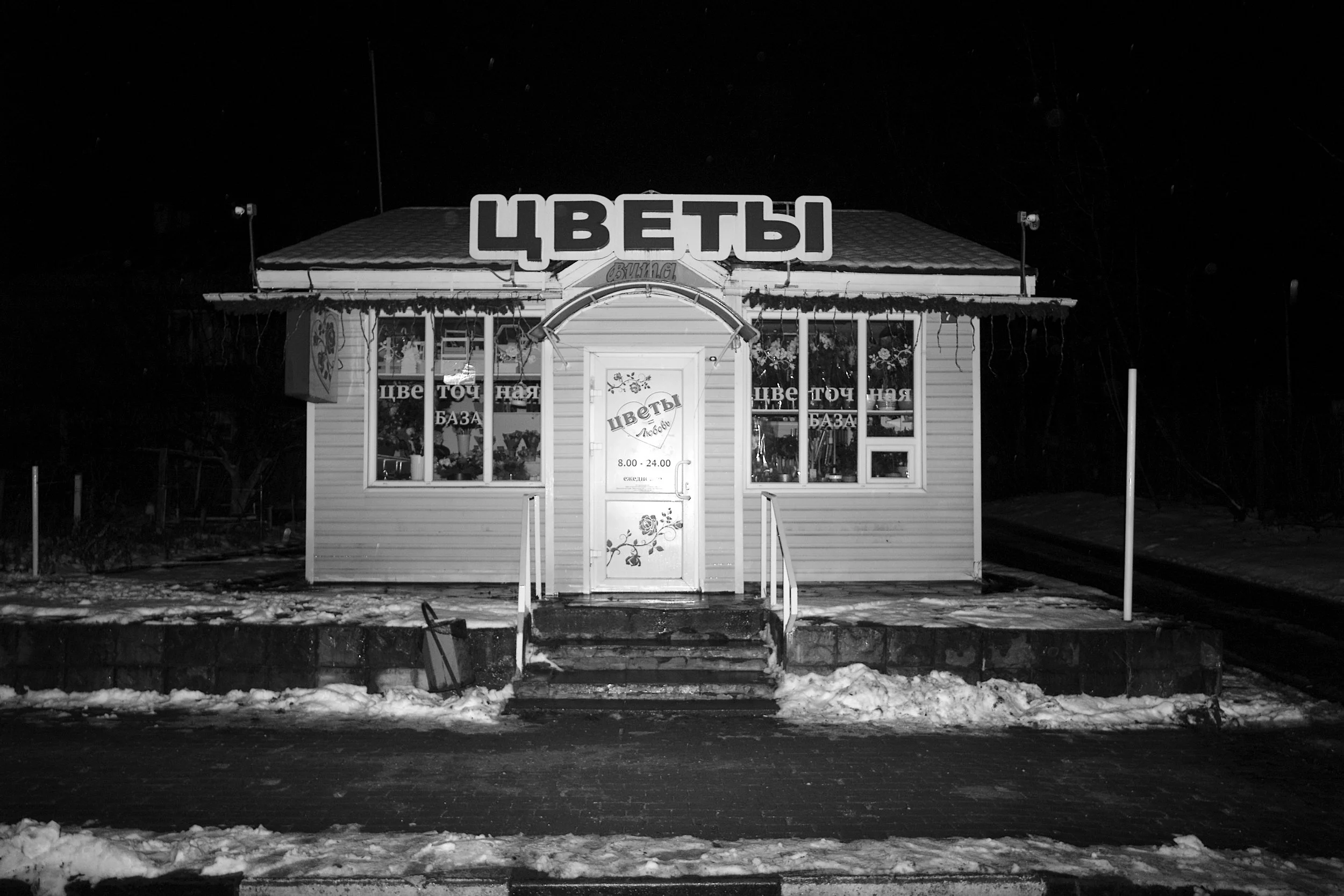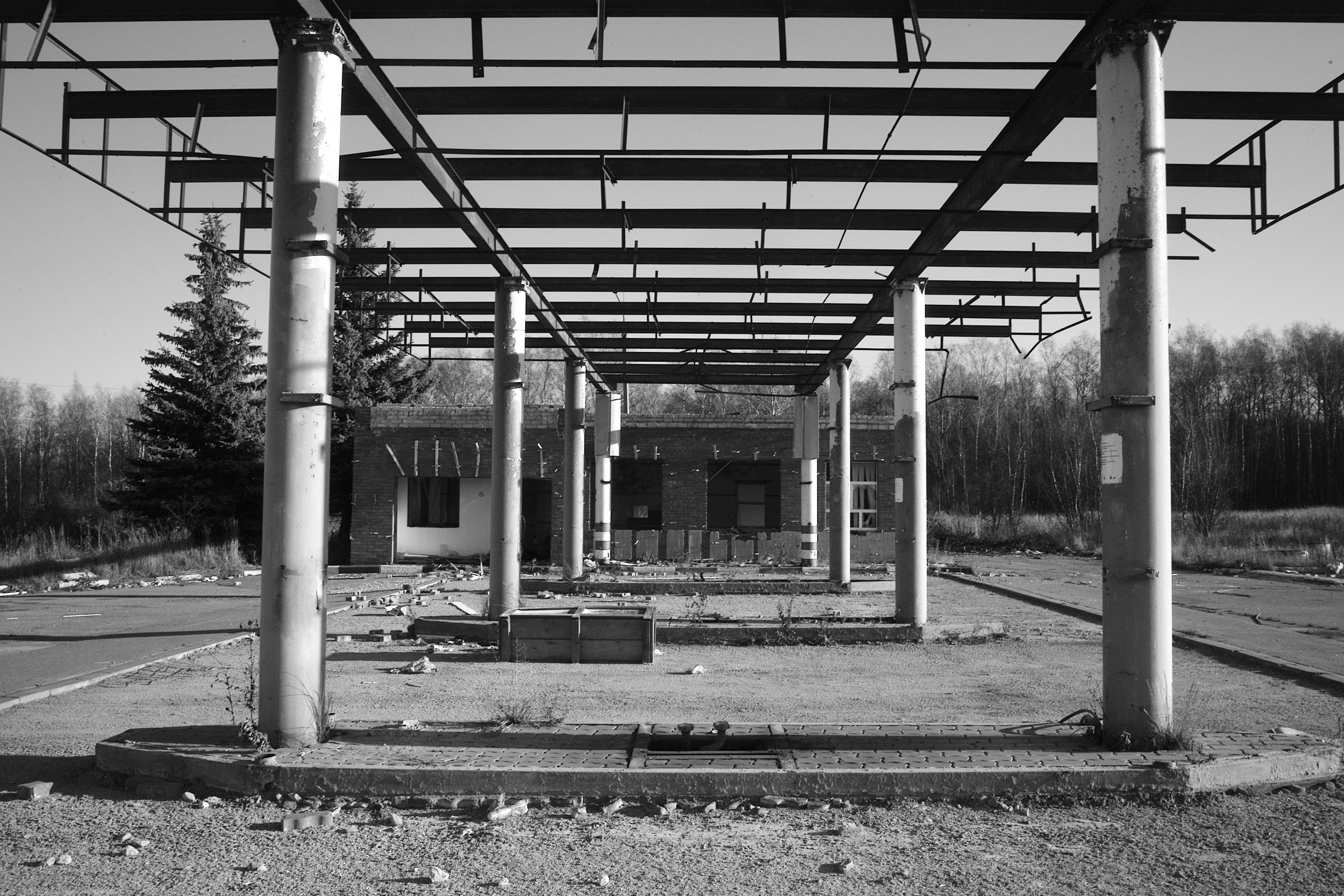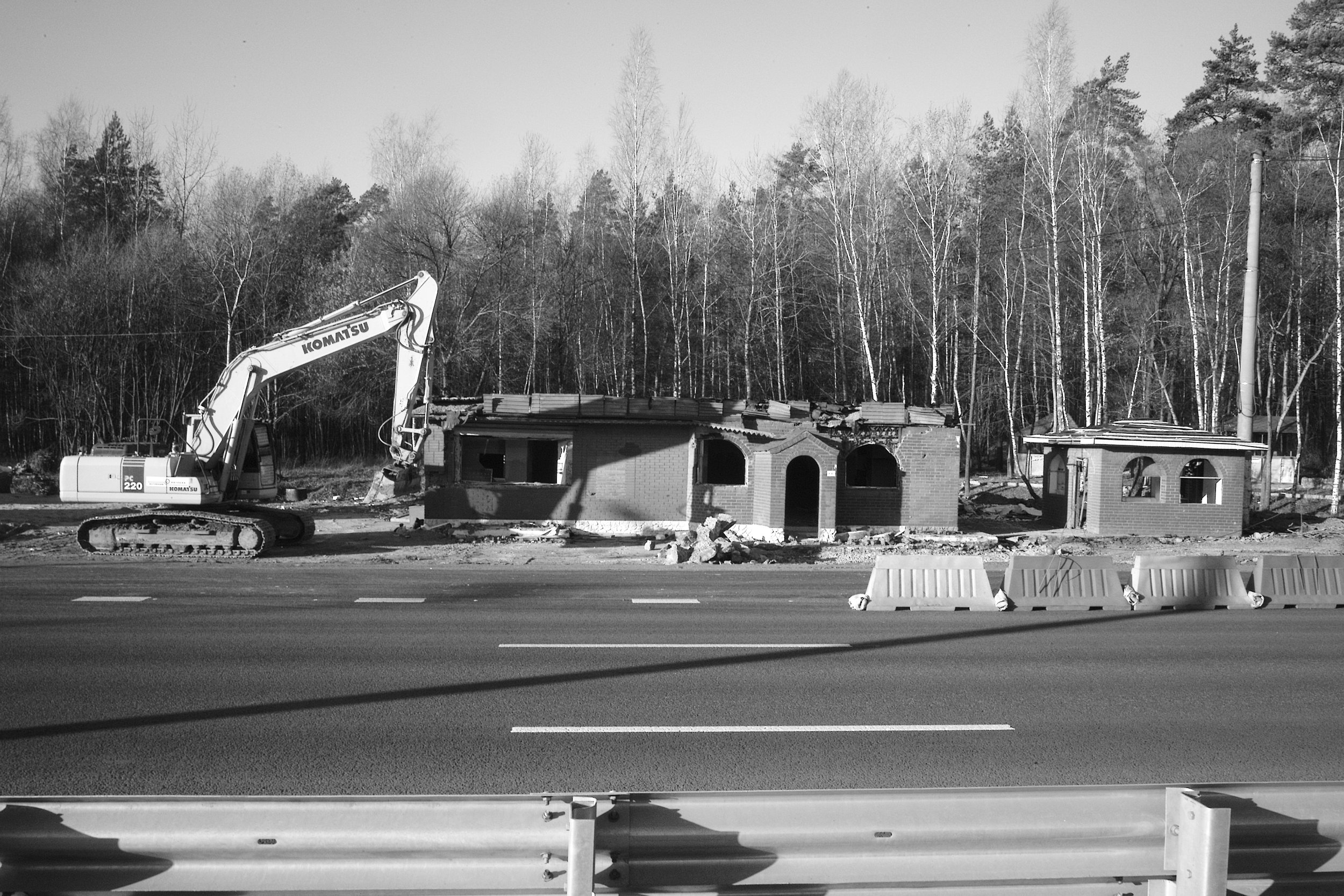Lessons from M
“Learning from the existing landscape is a way of being revolutionary for an architect. Not the obvious, which is to tear down Paris and begin again, as Le Corbusier suggested in the 1920s, but another, more tolerant way; that is, to question how we look at things. "
-Robert Venturi
Lessons from M explores Moscow’s Ring Road, the M2 Highway or MKAD, from its beginning to its regional border through the perspective of a Daltonist, who stops, stares, and selects the abandoned, the vulgar, and the mundane. I introduce all the extravagant and standout gas stations, construction sites, and even public toilets which the MKAD has to offer us.
Every traveler on the highway sees what they see, enveloped in their own thoughts, noticing things only when they want to. And yet, these abandoned, vulgar, and mundane constructs that make up Moscow’s architecture still hold some sort of meaning to these travelers.
For the exhausted worker exiting the city, the highway represents their journey home. For the weary long-haul truck driver, burdened by toll payments, it's a laborious daily routine that, at least, lets them buy a pack of cigarettes. For a group of youngsters eager to enjoy fresh pastries in Tula, it's a joyful excursion.
Personally, I can't decisively state what this journey along the MKAD means to me. On one hand, there are new and remarkable structures, but on the other, there's dilapidation and a kind of TRASH in the form of piles of makeshift toilets and roadside eateries. Overall, I couldn't shake the feeling of some sort of obsolescence and an atmosphere of a bygone era— but not the genuine kind. It felt like I was a few years too late. At times, it even felt like I was decades too late.
However, that is what attracted me: to showcase not the gleam of fresh asphalt, but the grit of the roadside.
Why does it all appear so abandoned and forsaken? Perhaps the M2 highway, direction: Crimea, has lost its appeal to tourists heading south, who were once ready to spend money in upscale cafes; or perhaps the flow of people towards Ukraine has diminished. Of course, 2014 played a role in this (yet another historical narrative hidden within Moscow’s roadside architecture). But now, there's no need for bright roadside cafes for families or paid toilets. Only 'Cafe Victor' remains, serving fresh shawarma and crayfish to hardworking truckers and free holes in the ground to relieve one’s self— at least, they’re free.
Dilapidation is evident everywhere here, but it doesn't seem sinister; it's just the norm.

